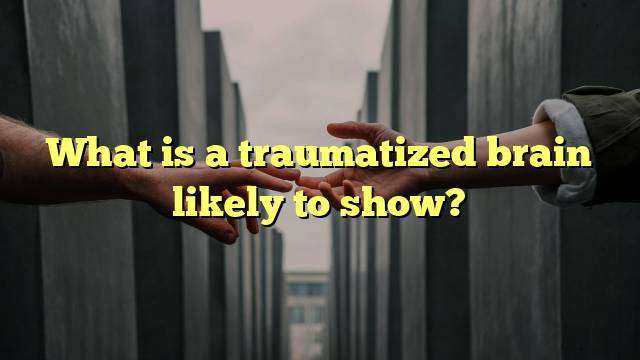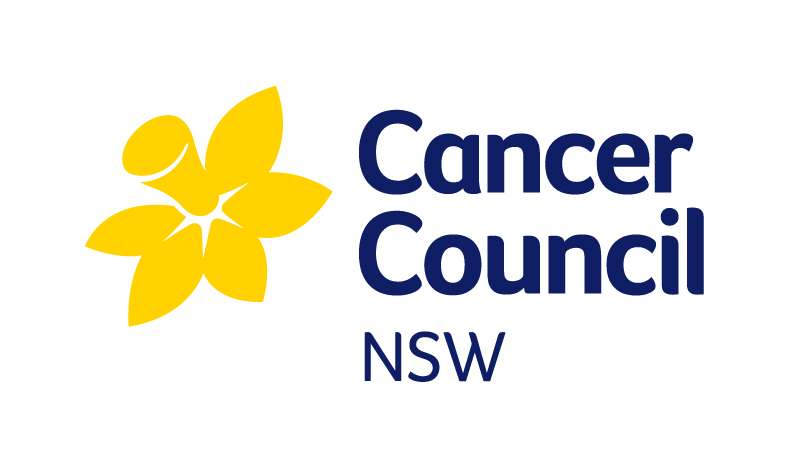What is Trauma?
Trauma is a term used to describe the mental, emotional, and physical responses to an event or experience that is perceived to be life threatening or that causes intense fear and distress. It can include physical, psychological, and spiritual components. Traumatic events can range from accidents, natural disasters, abuse, neglect, or any other situation that causes fear and distress.
How Does Trauma Affect the Brain?
When a person experiences trauma, the brain is overwhelmed and can no longer process the experience in a normal way. This can lead to changes in the way the brain functions, resulting in a traumatic brain injury (TBI). It can also lead to a variety of physical and psychological conditions, such as post-traumatic stress disorder (PTSD).
TBI can cause changes in the brain’s structure, chemistry, and function that can lead to a range of symptoms. These symptoms can include:
- Cognitive problems: difficulty with memory, concentration, attention, and decision making.
- Emotional problems: depression, anxiety, and other mood changes.
- Behavioral problems: impulsivity, aggression, and other disruptive behaviors.
- Physical problems: headaches, dizziness, fatigue, and other physical symptoms.
These symptoms can make it difficult to cope with everyday life, and can interfere with work, relationships, and activities of daily living.
What Are the Long-Term Effects of a Traumatized Brain?
Traumatic brain injury can have long-term effects on a person’s cognitive, emotional, and physical functioning. Cognitive effects can include short-term memory problems, difficulty concentrating, and problems with executive functioning (i.e., planning, organizing, and problem-solving).
Emotional effects can include depression, anxiety, and mood swings. Physical effects can include headaches, dizziness, fatigue, and other physical symptoms.
People with a history of trauma often struggle with hypervigilance, which is a state of increased arousal and alertness, and can lead to difficulty controlling impulses and managing emotions. This can make it difficult to stay focused and can interfere with relationships.
How Can a Traumatized Brain be Treated?
Treatment for a traumatized brain is tailored to an individual’s needs and can include medications, psychotherapy, lifestyle changes, and alternative treatments.
Medications, such as antidepressants and anti-anxiety medications, can be used to reduce symptoms of depression, anxiety, and other mood disorders. Psychotherapy can help a person learn coping skills and develop healthier thought patterns. Lifestyle changes, such as getting regular exercise, eating a healthy diet, and practicing relaxation techniques, can help reduce symptoms and improve overall functioning.
Alternative treatments, such as acupuncture, yoga, and meditation, can also be helpful. It’s important to find a treatment plan that works for you and to stay consistent with treatment for the best results.
Conclusion
Traumatic brain injury can lead to a range of cognitive, emotional, and physical symptoms. It’s important to find a treatment plan that works for you and to stay consistent with treatment for the best results. With the right care, it’s possible to manage the symptoms of a traumatized brain and lead a fulfilling life.



